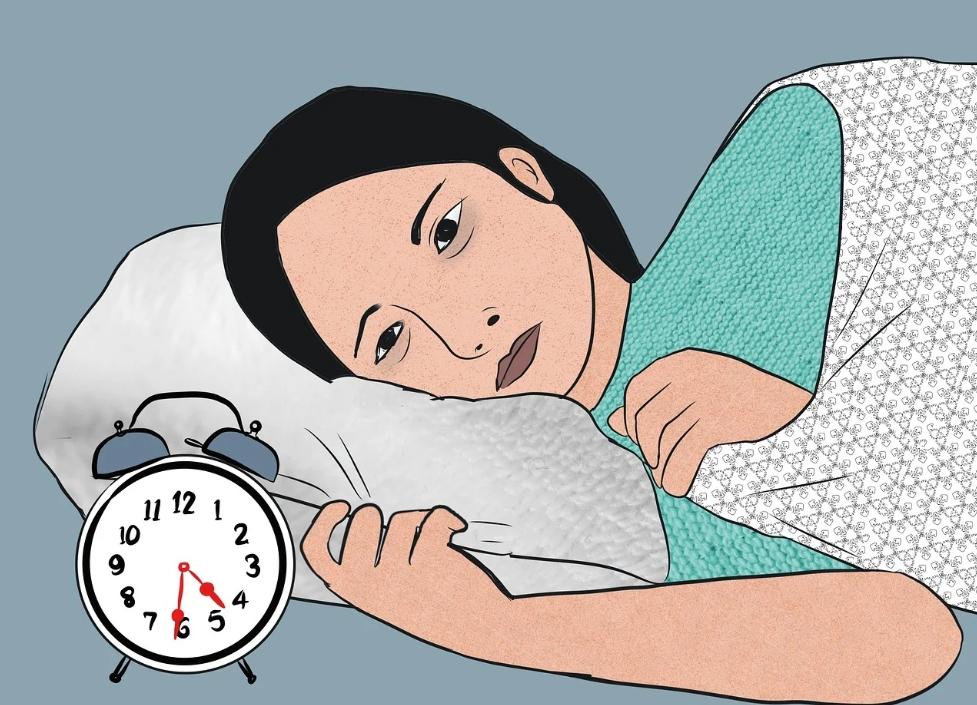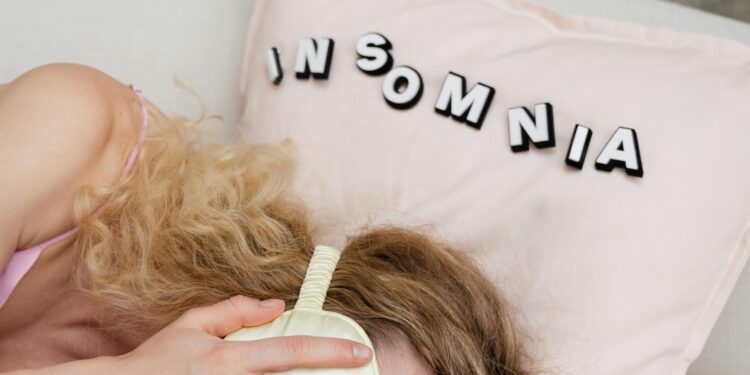Insomnia is one of the widespread sleeping disorders that affect millions of people all over the world. This condition is characterized by difficulty falling asleep or waking up too early, which brings with it feelings of fatigue and also reduces daytime functioning. There are several factors that contribute to insomnia. They can either be physical or psychological, which includes stress, medical conditions, and also lifestyle choices. Insomnia can be a real bother, so in this article, we are going to be looking at how to treat and also manage insomnia from happening in the first place.

Treatment and Management of Insomnia
There are different ways the doctor and even people deal with Insomnia. Each of these treatment methods focuses on different things and ways to help improve sleep.
Behavioral therapy
Behavioral therapy focuses on changing your habits and thoughts surrounding sleeping. This therapy is shared into different parts.
Cognitive Behavioral Therapy (CBT): It helps you rethink any negative ideas you have about sleeping. It can teach you how to relax your mind and break any bad sleeping habits so you can sleep better. For instance, if you keep thinking, “I’ll never fall asleep,” CBT teaches you to replace that thought with something positive like, “I’ll relax, and sleep will come when I’m ready.”
Stimulus control therapy: This therapy is about creating a strong connection between your bed and sleep. It helps you only use your bed for sleeping, so your body knows it’s time to rest when you’re in bed. Stimulus control therapy looks something like this: you’re told to go to bed only when you’re really sleepy, and if you can’t sleep after 20 minutes, get up and do something relaxing (like reading a book) until you feel sleepy again. You’re also supposed to wake up at the same time every day, even on weekends.
Sleep restriction therapy: In this method, you limit the time you spend in bed. Spending less time in bed makes you more likely to feel tired and fall asleep faster. Over time, your sleep will improve, and you’ll start spending more time in bed.
Pulsed light therapy: This therapy isn’t as common but can help people reset their body clocks. It uses short bursts of bright light to adjust your internal clock, especially for people who have trouble sleeping at night or staying awake during the day.
Medication
While some medication side effects are insomnia, certain drugs can help regulate it. However, this is not to be used as a first option. Sleeping aids like benzodiazepines and nonbenzodiazepines can help you sleep better. But unlike non-benzodiazepines, benzodiazepines can be addictive.
If you’re suffering from anxiety or depression, doctors might recommend antidepressants that can help you fall asleep. Finally, there are over-the-counter medications that can make you drowsy and eventually put you to bed. However, they aren’t a good long-term solution because of how groggy that can make you feel the next day.
Lifestyle changes
You don’t have to make any drastic lifestyle changes. This treatment option is all about making small changes in your daily routine in order to improve how well and long you sleep. Firstly, you have to have a consistent sleeping schedule. You have to go to bed and wake up at the same time every day, which allows the body to know when to sleep and when to wake up.
Secondly, you can do some calming activities like reading, taking a bath, or listening to music before bed helps signal to your body that it’s time to sleep.
Other changes include:
- Making your room quiet, dark and cool
- Reducing the amount of caffeine and alcohol you consume on a daily basis, especially during nighttime.
- Avoiding heavy meals before bed
Bottom Line
Insomnia is a common problem where people struggle to fall asleep or stay asleep, which leaves them tired and unfocused during the day. Stress, health issues, or bad sleep habits can all cause it. Thankfully, there are ways to treat insomnia. Therapies that help change your thinking about sleep, along with certain medications, can make a difference, though medications shouldn’t be used for too long. Small changes, like going to bed at the same time every night and relaxing before bed, can also really help.

















